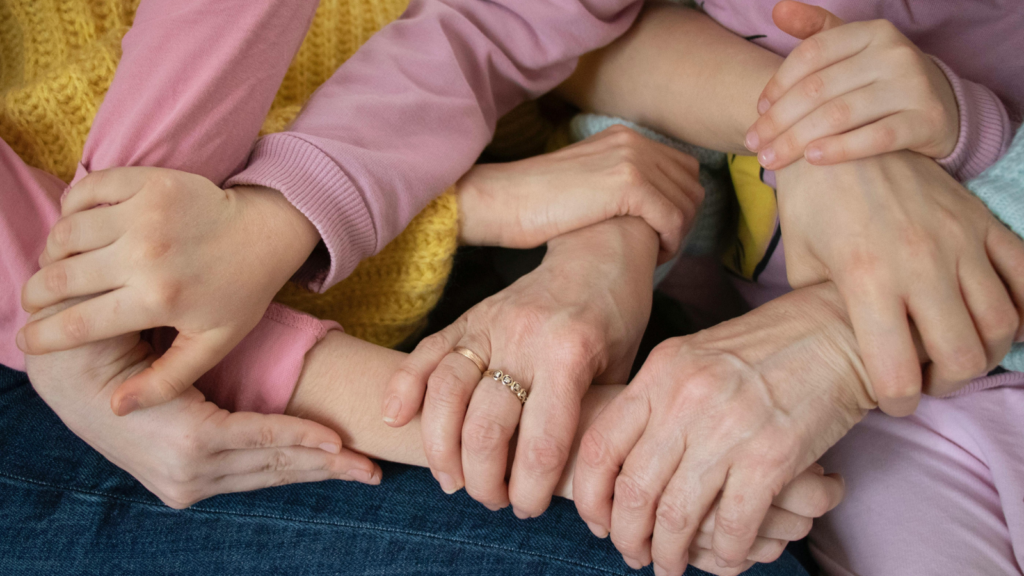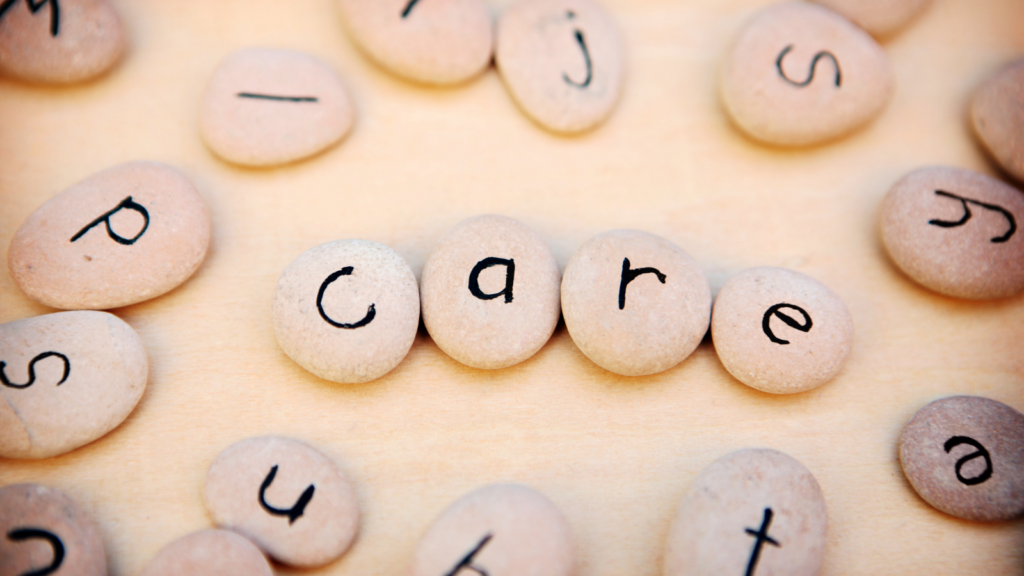“This is a man’s world, this is a man’s world, but it wouldn’t be nothing, nothing without a woman or a girl”, used to sing James Brown in one of his most famous songs. These lyrics, in reverse, can easily refer to addressing gender inequalities debates. In my opinion, gender equality cannot only be an exclusive women’s affair, and thus needs to include the other half of the equation, men. Otherwise, and paraphrasing the King of Soul’ song lyrics, efforts for achieving gender equality “would be nothing, nothing”.
At first sight, all the issues pertaining to achieve gender equality may seem heavily monopolised by women. During my professional experience related to defend equality and women and girls’ rights in the so-called “EU bubble”, men are scarce in both the different meetings I have attended and the civil society organisations I have come across. In a recent meeting which I attended to discuss the Beijing+25 agreement (1) with different actors in Brussels, I was bewildered, and somewhat frustrated, to find myself as the only man in the room with 25 women. Only one man in the room to take stock about the achievements and the missed opportunities in the last two decades and the challenges that lie ahead in terms of addressing the different gender inequalities. I said to myself that these debates should not be exclusively carried out by women. Furthermore, no men were invited to speak as experts in the hearing of the EU Gender Equality Strategy (2020-2025) last December at the European Parliament. These are just examples of what seems normal to many when talking about how to address gender inequalities. However, does this mean that men are not interested in achieving a more egalitarian society? Do we need to promote more men engagement in gender equality topics?
The first question can be answered with a resounding “no!” There are still, of course, conservative voices – in both sexes – which do want to keep the “traditional” roles of women and men, where the former are caregivers and the latter breadwinners. Moreover, addressing gender equality in the European Union has stalled for years, especially in the domain of power or in behavioural attitudes of dominance. Less than a third of national Ministers and Parliamentarians are women, many Member States have not seen yet a woman reaching the top position in the executive power and this is the first time the European Commission is led by a woman. Yes, the road to real equality is still long and winding, and a shift in mind-sets takes time and patience, but a majority of men are well aware of it and do want to contribute to bring lasting change.
Recent research shows that men are committed to gender equality. A survey by Ipsos Mori indicates that globally three out five men do agree that men’s participation is a must to tackle gender inequality. The same amount of men considers achieving gender equality is important to them. In addition, only a fifth of men agrees with the assumption that staying at home looking after their children makes them less of a man. Many men do want to address the gender care gap for instance but issues such as financial unaffordability or rigid work-time schedule unable them to take leaves to look after their relatives.
As for the second question: Do we need to promote more men engagement on gender equality topics? Regarding this question, another resounding answer is needed but this time, affirmatively. Former Australian Prime Minister, Julia Gillard, recently underlined that “gender equality is not a ‘women’s issue’ – it’s good for men too (…) there is still a long way to go, and we’ll only get there by drawing more men into the conversation”. Men should engage more in the gender equality debate being the second part of the equation. Institutions, research and civil society organisations should promote and boost men’s engagement in addressing gender inequalities.
Men’s voices must be heard, and adult men should be icons to boys and young adults. I have always thought, and personally experienced, that the best way to engage more men towards a more egalitarian society is when other men have raised the issue – especially in their close entourage. Furthermore, civil society organisations should hire more men in issues pertaining to gender equality and institutions promoting more gender-balanced experts’ panels. Yes, this is not an easy task, and I am now hearing myself the voices claiming that “women are unequally represented in other fields”, or that “men are not enough interested in gender equality and women’s rights issues”. The first assumption is certainly right and there is an important movement claiming for panels in a conference/lecture with 50-50 gender balance. Yet, panels which deal with gender equality should also be 50-50 balanced. I disagree with the second assumption, and I do consider that organisations should be bolder in their strategies, and attract, promote and encourage more men in gender equality and “women’s issues” positions. And why not, if necessary, setting up affirmative actions to achieve visible results and see more men in such positions: “Caesar’s wife must be above suspicion”.
It is time therefore for action, and the International Women’s Day celebrated by COFACE Families Europe on 8th March, is a good moment to recall it, because addressing gender inequalities is not only about women and girls but involves men too and affects the whole of society and the economy. Therefore, swift and bold actions such as promoting uptake of leaves by men (non-transferable, adequately remunerated and with flexible working arrangements) are needed, as well as more men in the public arena to defend that when it comes to address gender inequalities, men are side by side with women in this battle. Not only during the 8th March but every single day of the year. I hope to see, in the years to come, more men engaged in these debates and that their committed voices will be heard. Otherwise, the battle to address gender inequalities will, and as James Brown ‘s above-mentioned song ended, be “lost in wilderness and bitterness”.
(1) The 1995 Beijing Declaration and Platform for Action has been so far the most progressive set of actions for advancing women’s rights and addressing gender inequalities. This year marks the 25 years since the Beijing Platform for Action was signed.
_______________________________________________________________________________________
**DISCLAIMER: All opinions in this article reflect the views of the author, not of COFACE Families Europe**
About the author:
Pascual Martinez is a Policy and Advocacy Officer at COFACE Families Europe where he deals with Employment and Gender Equality affairs. He has several years of experience in EU affairs, and has worked with different organisations and EU institutions, where he has closely monitored and helped to shape key EU legislation pertaining to social and economic issues. He holds two Masters in Economics and Politics and another one of the College of Europe of Bruges.





